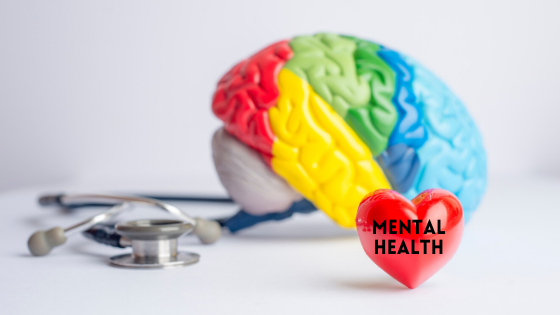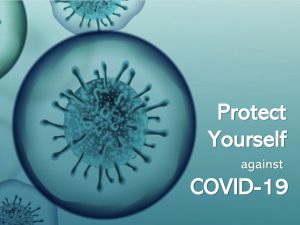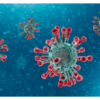
The Coronavirus (COVID-19) outbreak is impacting everyone; disrupting lives and routines around the world. It is very important during this time that while you are taking preventive measures, you don’t forget about your mental health and that of your friends, your family and especially children and adolescents.
The Coronavirus (COVID-19) outbreak is also creating stress, panic, fear and increasing anxiety among people which is common in this type of situation. Although anxiety is a natural response ( it functions as an alert system that helps us stay vigilant and respond to potential dangers), it should not escalate to interfere with daily health and wellness.
Mental health stress can affect us in many ways and everyone reacts differently, such as:
- Fear and worry about your own health and of your loved ones
- Panic buying (e.g. toilet paper and canned goods)
- Difficulty concentrating or sleeping
- Changes in eating patterns
- Frustration, irritability, or anger
- Feeling helpless
- Increased use of alcohol, tobacco, or other drugs
Here are some tips on how to cope with stress, anxiety or distress:
- Remind yourself that COVID-19 is a serious but temporary illness, and that life will return to normal in time
- Make time to consider how to take advantage of unexpected flexibility in your daily routine
- Create a schedule for yourself and your children
- Social isolation means physical distancing. Stay connected with your friends, family, and others by e.g. telephone, text, FaceTime, or video chatting
- Try to engage in activities you enjoy
- Take breaks from the news, hearing about the pandemic repeatedly can be upsetting
- Avoid rumors and fake news
- Stay connected to your official health news and recommendations for accurate information
- Take care of your body
- Eat healthy, well-balanced meals
- Exercise regularly (including stretching and deep breathing exercises)
- Get plenty of sleep
- Mindfulness meditation for stress reduction
- Avoid increasing your use of tobacco, alcohol or other drugs
Note: If you are in mental distress or at risk of harming yourself or others please call emergency services.
How to support children and adolescents:
- Take time to talk to your children about what’s happening, listen to their concerns and answer their questions realistically
- Reassure your children that they are safe with the measures being undertaken
- Maintain regular routines and schedules as much as possible, or help create new ones in a new environment
- Encourage children to draw, write or journal so they can express their feelings
- Parents can teach good hand-washing practices and let them children know that all the adults in their life are working hard to keep them safe
- Try not to pass your anxiety on to your children
- Give them extra love and attention
For more information on Coronavirus (COVID-19) visit www.educateyourhealth.com







